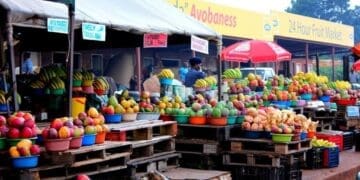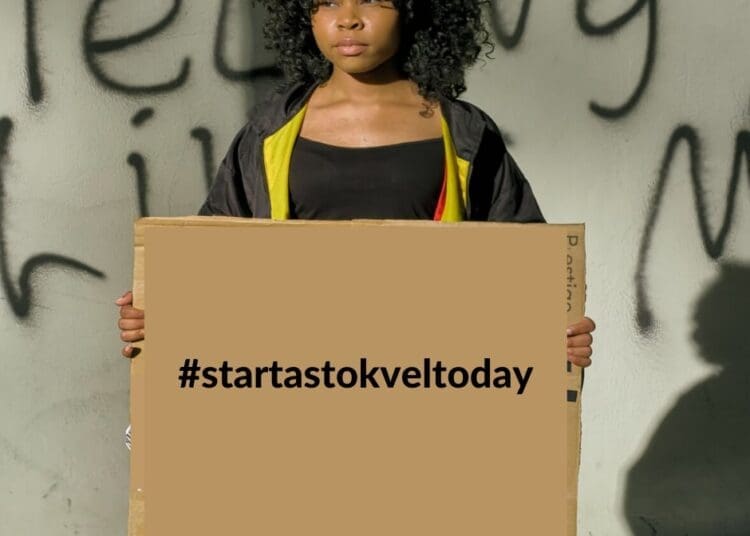As the December festive season approaches South Africa’s stokvels which where are traditionally used for groceries, school fees and holidays are increasingly being used for long-term financial growth.
Rather than spending payouts immediately, many members are investing in income generating assets such as property, small businesses and rental accommodation.
Stokvels are a major part of South Africa’s informal savings sector. According to the National Stokvel Association of South Africa (NASASA), the country has over 810,000 registered stokvels with approximately 11.5 million members managing more than R49 billion annually. While these groups historically provided a safety net, a growing number are now using collective funds for investment and asset creation.
Palesa Lengolo, Product Manager for Absa Personal and Private Banking and co-founder of the Absa Stokvel Awards, said the transformation of stokvels marks a major shift in South Africans financial habits.
“It’s been incredible to see how stokvels are transforming. What started as small informal savings groups has grown into a multi-billion-rand economy that is now shaping entrepreneurship in South Africa. People are realizing that if they can save together, they can also invest together in businesses, property and even farming,” she said.
She added that the trend has become more visible in recent years.
“The shift has mainly been there for the past 5-10 years, especially after COVID. We’ve seen people using stokvels to fund businesses and to buy assets,” Lengolo explained.
Many stokvels are now evolving into structured investment vehicles, pooling resources to finance property developments and small businesses. This shift is driven by a desire for financial independence and generational wealth, as members realize that short-term consumption does little to secure long-term stability.
Nthabiseng Masithela, founder of Amass Property Stokvel in Benoni, said her group’s model shows how collective savings can build wealth. Members contribute R3,000 per month over three years to invest in property and small business ventures through a digital platform.
“Many members used to spend their payouts on groceries or festive expenses. Now they’re using that same money to buy assets that appreciate in value and create passive income,” she said.
The group’s investments include student accommodation, residential developments and small enterprises that support property operations such as cleaning, catering, and transport services.
Members say participation changes their financial mindset.
Joseph Delela, a member of Amass Property Stokvel, said “traditional stokvels are great for short-term goals like groceries or holidays, but I wanted to be part of something that creates lasting value. Property investment offers that, it’s about ownership, growth and building something that can benefit my family for years to come.”
“Each payout is an opportunity to reinvest and expand my property portfolio. It’s not about quick profits, but about building a foundation for real financial freedom and generational wealth.”
The rise of investment-focused stokvels has broader economic implications. By channeling billions of rand into property, businesses and community ventures, these groups are helping drive local economic growth, create jobs and promote financial literacy.
The Old Mutual Savings and Investment Monitor (2024) found that over 40% of stokvel members now use their savings for investment up from less than 20% a decade ago reflecting a clear evolution in how collective savings are leveraged.
olga@vutivibusiness.co.za


























































